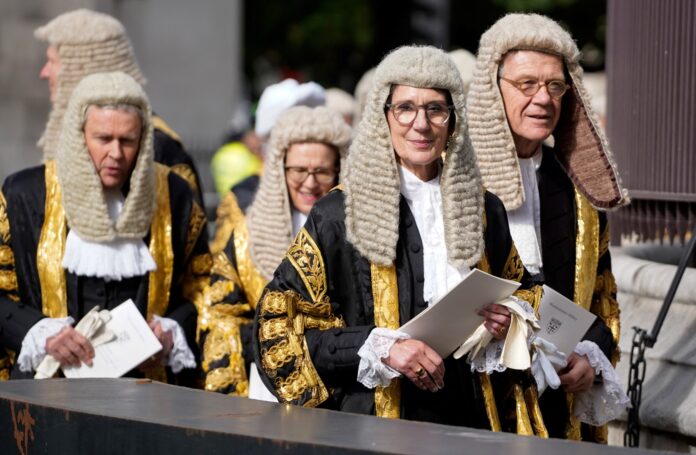In a landmark decision that could redefine the landscape of civil litigation, a London appellate court has empowered judges with the authority to compel parties to engage in mediation outside the courtroom. This ruling, heralded as a significant step towards expediting dispute resolution, asserts that such a mandate does not infringe upon the fundamental right to access the court.
Balancing Act: Fair Trial Rights and Efficient Resolution
The Court of Appeal, in its wisdom, clarified that halting proceedings for alternative dispute resolution is lawful, provided it does not compromise the claimant’s right to a fair trial. This decision aims to balance the scales of justice, ensuring disputes are settled fairly, swiftly, and at a reasonable cost.
The Catalyst: A Welsh Nuisance Complaint
The ruling’s genesis can be traced back to a nuisance complaint issued in July 2021 by James Churchill, a resident of Merthyr Tydfil, South Wales. Churchill’s grievance stemmed from a council’s failure to prevent Japanese knotweed from encroaching on his property. Despite not utilizing the council’s Corporate Complaints Procedure, Churchill’s case became a catalyst for reevaluating the role of mediation in civil disputes.
Overruling District Judge Rees: A New Judicial Direction
Deputy District Judge Kempton Rees initially dismissed the council’s application to halt the complaint, citing an infringement on the parties’ right to court access. However, Judge Geoffrey Vos, overturning this decision, stated that courts possess the power to delay resolution or order engagement in non-court-based dispute resolution processes.
Civil Justice Council’s Endorsement
Backing this judicial shift, the Civil Justice Council — the U.K.’s advisory body to the judiciary — supports alternative dispute resolution. The Council’s 2021 report affirms that such methods, which do not foreclose subsequent court access and are not disproportionately burdensome, align with the parties’ Article 6 Convention rights, ensuring the right to a fair trial.
No One-Size-Fits-All Approach
In his ruling, Judge Vos acknowledged that there might be valid reasons not to delay proceedings for outside-court resolutions. He refrained from providing a definitive guide for judges, emphasizing the need for discretion in evaluating the appropriateness of alternative processes for each case.
The Churchill Case: An Exception
In the specific context of Churchill’s complaint against the Merthyr Tydfil County Borough Council, Judge Vos concluded that there was little point in delaying the proceedings for external resolution, as the situation had evolved significantly. Consequently, no formal order for mediation was issued in this case.
The Panel of Judges and Legal Representation
The pivotal case was heard by an esteemed panel comprising Judges Sue Carr, Colin Birss, and Geoffrey Vos. The legal teams representing Churchill and the Merthyr Tydfil County Borough Council, led by notable counsels, await further developments following this groundbreaking ruling.
Implications and Future Directions
This decision by the London appellate court marks a significant shift towards embracing mediation in civil disputes. It opens the door to more efficient, cost-effective, and fair resolutions, potentially transforming the judicial approach to dispute settlement in England and Wales.



